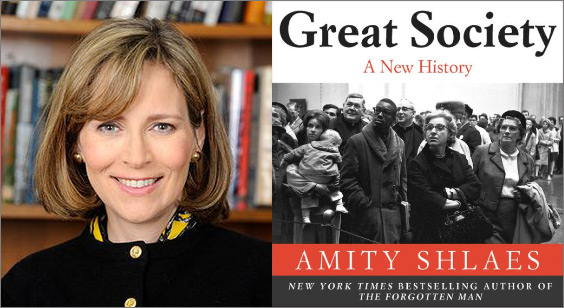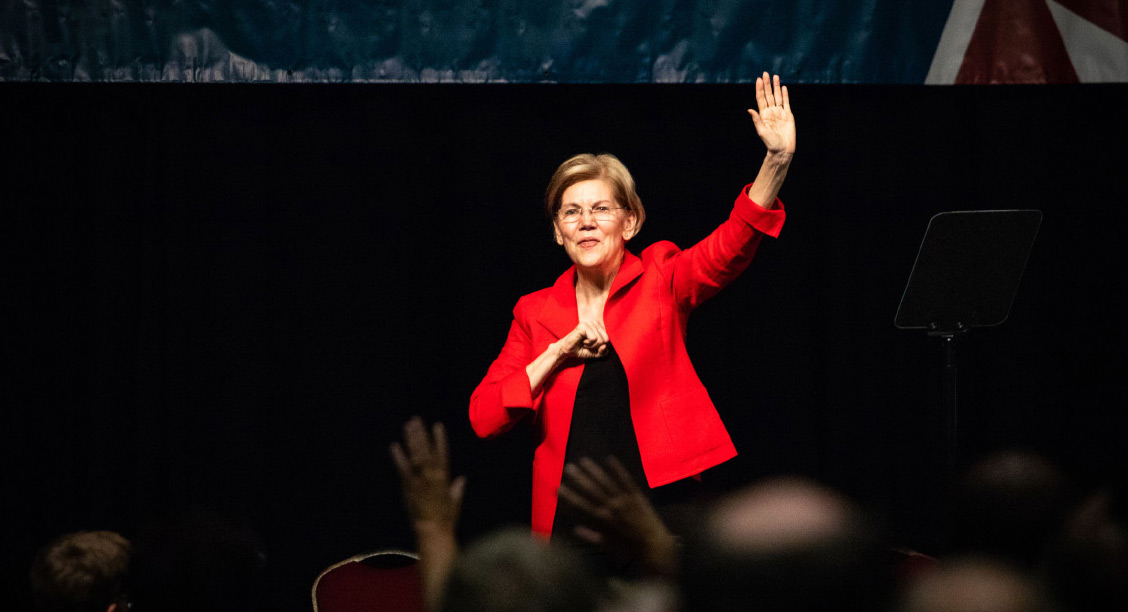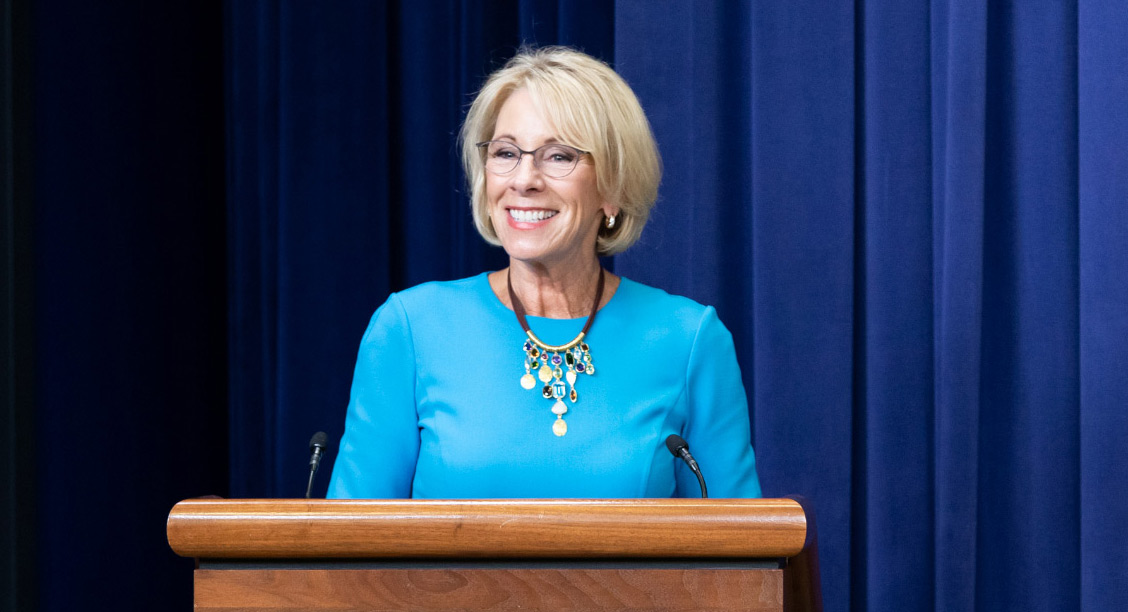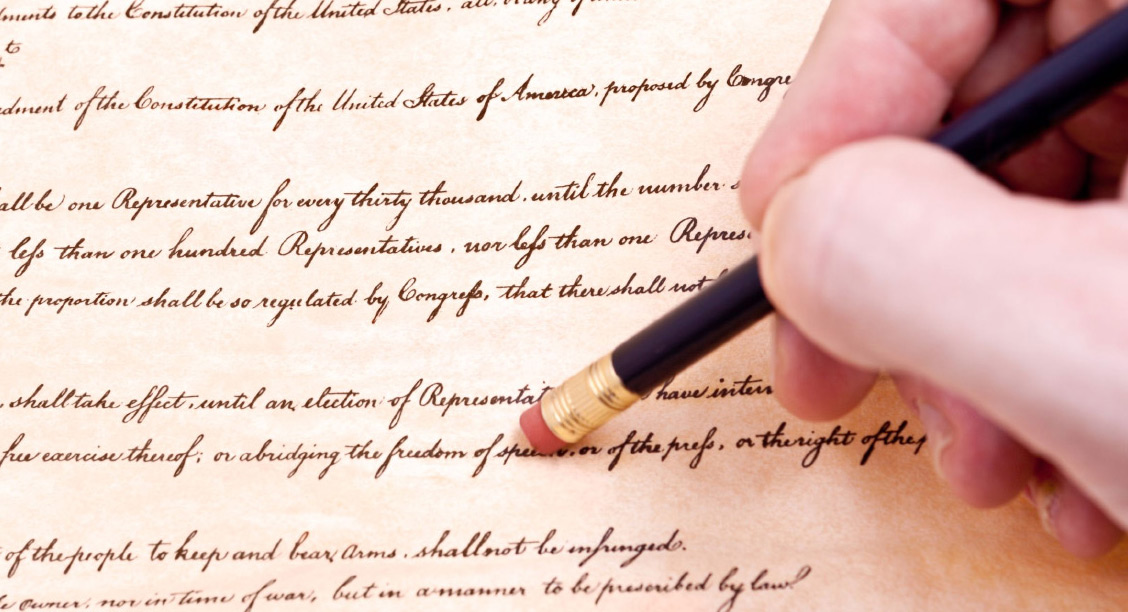Bestselling Author Amity Shlaes on the Great Society’s Welfare State, Oakland, 1/14/20
 New York Times
New York Times bestselling author Amity Shlaes exposed the federal tax racket in her 2005 book,
The Greedy Hand: How Taxes Drive Americans Crazy and What to Do About It. She refuted enduring myths about Franklin Delano Roosevelt and the Great Depression in her 2007 book,
The Forgotten Man. Now she takes on Lyndon Johnson and the so-called “war on poverty” in her acclaimed new book,
Great Society: A New History, showing that the flood of federal entitlements since the mid-1960s has drowned generations in a quagmire of dependence and despair. As advocates of socialism and the welfare state have grown in number, Shlaes warns that the costs of the Big-Government entitlement commitments made a half century ago are blocking the very opportunities needed now and in the future for all Americans, especially the most disadvantaged.
RESERVE TICKETS »
By Robert P. Murphy (Mises Wire, 12/3/19)

Senator Elizabeth Warren’s proposed wealth tax would have devastating consequences on capital formation and economic growth. For investors with long time horizons, even a seemingly modest wealth tax can have the severe economic impact of a large income tax.
READ MORE »
By Richard K. Vedder (Forbes, 12/4/19)

Federal student aid has inflated the costs of higher education, decreased learning, and reduced educational attainment among lower-income students. Department of Education Secretary Betsy DeVos has promising ideas to help tame the federal student-aid beast.
READ MORE »
By John C. Goodman and Alfredo Ortiz (Forbes, 10/10/19)

For those with decent incomes and chronic health conditions, things have gotten worse, not better, under Obamacare. Policymakers concerned about pre-existing conditions should take a page from Medicare Advantage, which has guaranteed issue and community rating—and has worked well for the elderly and the disabled.
READ MORE »
By Ronald L. Trowbridge (The Hill, 11/13/19)

Although the First Amendment protects free speech, the Supreme Court maintains that there are circumstances in which this right does not apply. In 2006, the court ruled that college administrators even at a public institution can to some extent limit the speech of employees in order to maintain an effective workplace.
READ MORE »